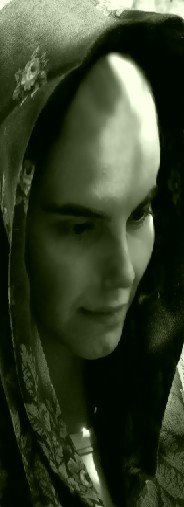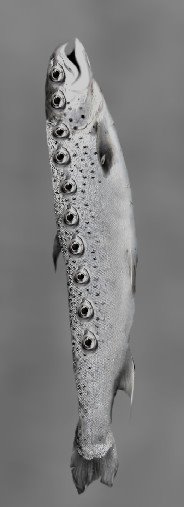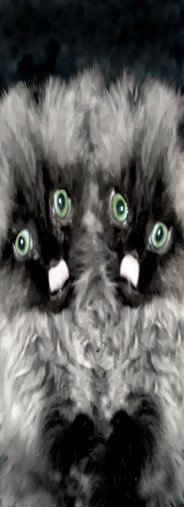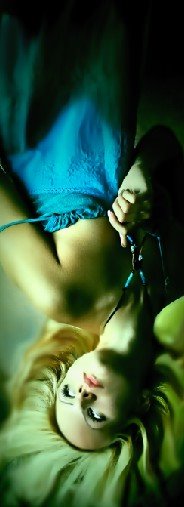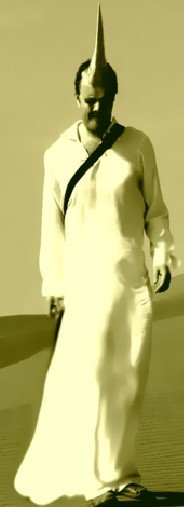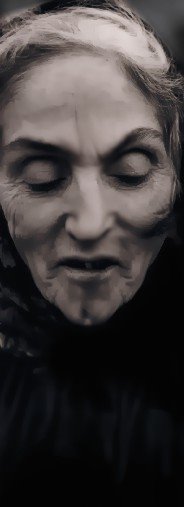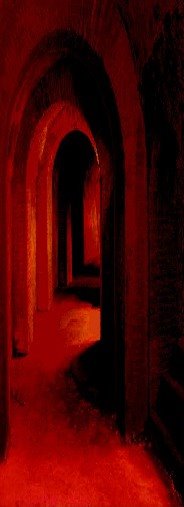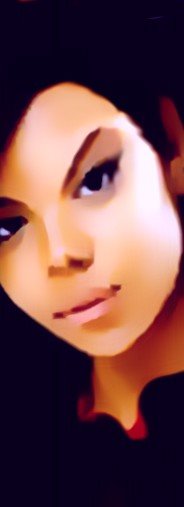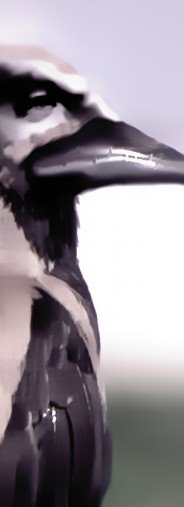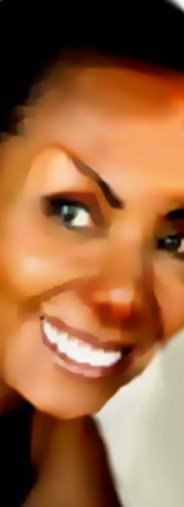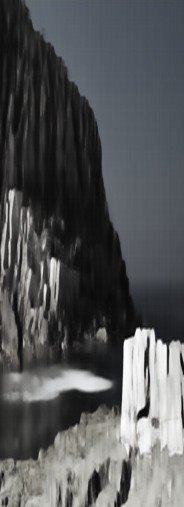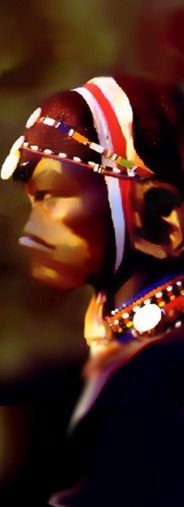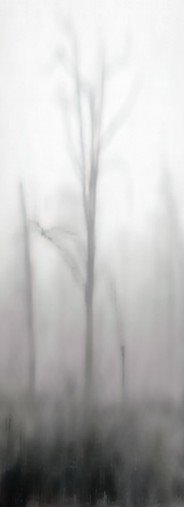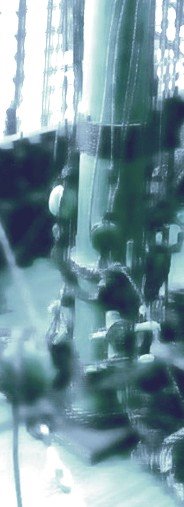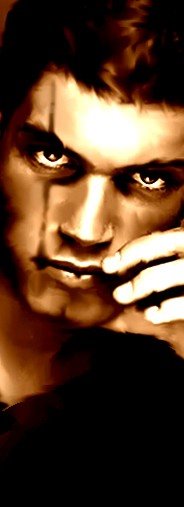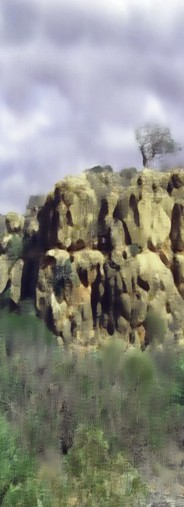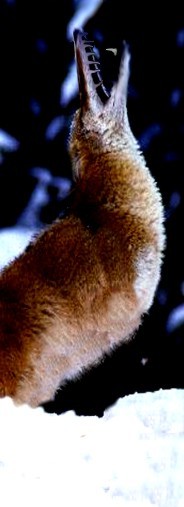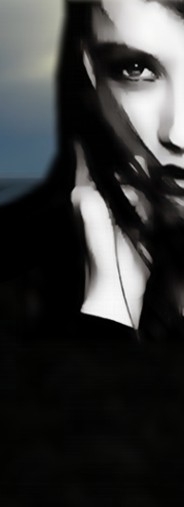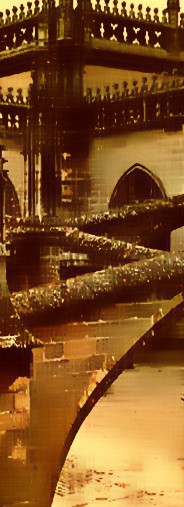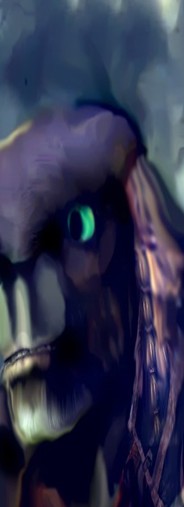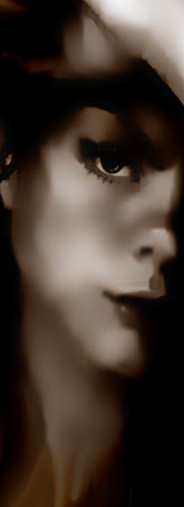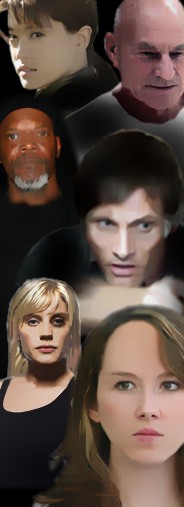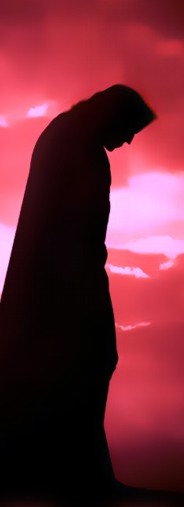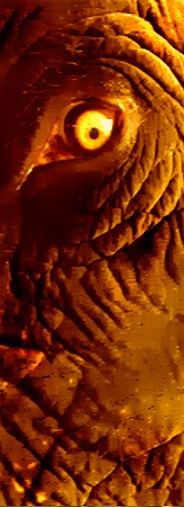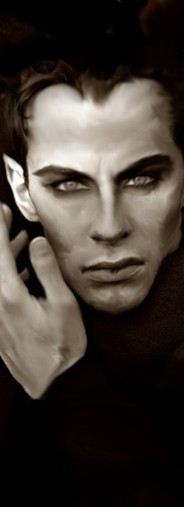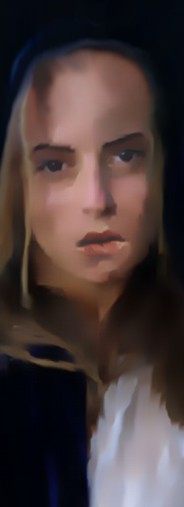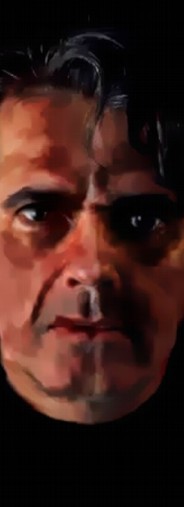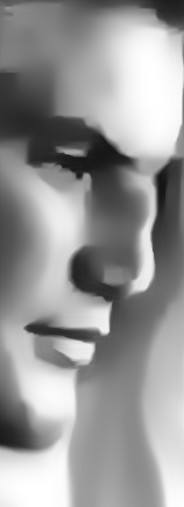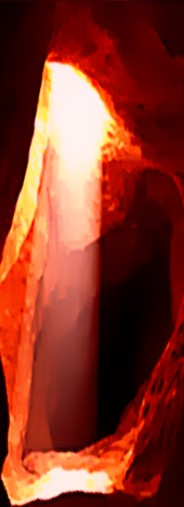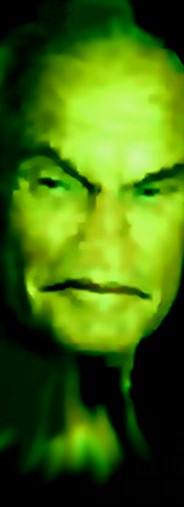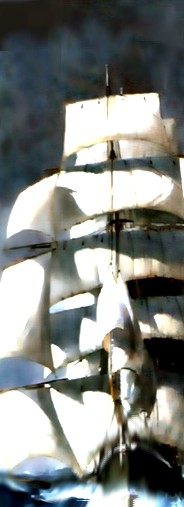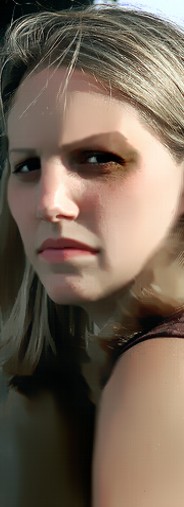Here's the latest. Book One is being read by my editor Catherine (that sounds very formal and impressive, doesn't it!) so I have been slaving away at the wiki which is rapidly approaching 500 pages. I have also been writing on the tram to/from work and I'm fairly chuffed with how some of the latter chapters are progressing.
However, yesterday was a day off. It was July 21st - the release of Harry Potter and the Deathly Hallows. I was one of millions across the globe who lined up for my copy of the book and a soft, plush owl.
So "What's so good about Harry Potter?" I was asked by a curious colleague on Friday. Now I could write a book about this but as I have another book to finish, I'll restrict myself to a few points.
Firstly standing in line yesterday really highlighted the fact that in a world of photo-realistic video games, high-speed Internet and futuristic iPhones, people still like to read. Love to read. That's kind of reassuring when you're trying to be a writer. I actually enjoyed standing in line for two hours. I had one of my boys with me and it was wonderful to see him absorb what was going on around him. Also the slow queue through Borders actually forced him to look at the covers of hundreds of books and ask questions about them.
It is pleasing in a world where cynicism seems to be the soup of the day to see the bubbly enthusiasm Rowling's books have created. It's also been pleasing to see that the interest in her novels has grown rather than dwindled. The proud loyalty of her readers really shows that not everything should be considered a passing phase. Some things are more than just fashion.
Why do I like the Harry Potter books? I'll try to keep this short. I have found I have been continually impressed by Rowling's sense of structure. She achieves a wonderful balance of exposition and drama. It is interesting now that Dumbledore is dead- that's not a spoiler; he died in the last book - she has had to employ other ways to weave in exposition. In previous books, the role of explaining things - the backstory, or pre-history if you like - always fell to the sagacious Dumbledore. But now he's gone Rowling can't use him for this crucial role. She has resorted to other means which I think is more interesting. The use of obituaries, biographies and letters in Deathly Hallows makes the exposition more interesting. It's also engaging to receive the backstory from less obvious characters, especially (minor spoiler here) a character like Kreacher, who is an unusual but brilliant vehicle for filling in details.
I am also enamoured by Rowling's intricate management of the narrative. I am just over 200 pages into the book (it's about 600 pages long) and she is slowly and inexorably tying together her many plot threads. Inevitably, this will be seen by some to be a weakness in the last book - she doesn't introduce many new storylines - but this is more than compensated by the way in which she wraps up what has been dangling until now.
Rowling's attention to detail has been exquisite. Seemingly small details often take on great significance, which encourages a reader to read closely in the hope he or she does not miss a vital clue as to the mysteries contained within. This 'puzzle' quality is certainly something I have tried to do in Caliban's End. When people are lining up to read my novels, I hope they are also discussing their theories on why's and wherefore's.
I also like the humour of the Harry Potter novels. Having grown up on a diet of The Goodies and The Young Ones, I have found myself preferring British humour to American (just compare the UK's The Office to the American version). There are traces of Douglas Adams and Terry Pratchett in Rowling's style of humour which is not a bad thing. Most of this is character driven and occasionally slapstick, which appeals to the idiot in me. For example, on the morning of his 17th birthday Harry uses magic outside of Hogwarts for the first time. Although his glasses are only a foot away, he uses a spell to retrieve them and promptly stabs himself in the eye with them. It's not high-brow humour, but it is appealing.
In contrast to the pratfall comedy, I am regularly captivated by Rowling's classical aspects, espcially in the area of magical creatures. She weaves in so much mythology that her books resemble a classical bestiary and it is always interesting to see the twists she supplies to her interpretations of creatures such as phoenixes, basilisks and bogards. She draws widely using Egyptian, Celtic, Greek and Scandinavian cultures to embellish her work and this is reliably balanced by creatures of pure invention (like the Blast-Ended Skrewts). Admittedly, so far her last book keeps the introduction of new creatures to a minimum, but that's to be expected in a novel attempting to satisfy readers seeking resolution.
I have always loved Rowling's penchant for hinting at a person's significant aspects through her use of names. Characters such as Voldemort/Tom Riddle, Professor Lupine, Sirius Black, Severus Snape and many more have clues built into their names. At times, these may be a bit obvious (I knew Remus Lupine was a werewolf the first time I read his name), it all contributes to the fun in the telling of the tale. Even names such as Peter Pettigrew and Horace Slughorn have such a playful, Dickensian quality (Pumblechook, Magwitch... ) that encountering each new character's name alone is a small event.
Speaking of names, there is one new character whose name bothers me - Pius Thicknesse. I actually like the name, but it causes me grief. Somehow, someone leaked the manuscript of Caliban's End to JK Rowling, as I already have a character called Pius. I'm sick of changing things because other more established author (and film-makers) keep ripping me off. It's not paranioa when they are following you. It happened like this. I needed a first name for the King of Pelinore. I was typing away with my two typing fingers and Channel's 7 Rich List was on telly in the background. The contestants were compiling a list of Pope's names and I took a break to have a go. Sadly, I could only name 3 popes (hopefully my mum doesn't read this blog) but the contestants got about 12. Anyway, one of them was Pius. I thought if it's good enough for a pope, it's good enough for the King of Pelinore. Perhaps JK Rowling was watching the same show! I'm not sure whether I'll change it. Probably not. I'm at page 203, the character of Pius Thicknesse has not had a lot of coverage yet, but Harry and co. are heading into the Ministry of Magic where he works (I won't spoil it and say what he does) so I may have to change it.
There are some other things that are similar that I'm not going to change. Minor spoiler ahead. At one point in the first few chapters of Deathly Hallows, a character has his ear removed. I too have a character who has his ear removed - Samuel Melkin. I know I could have a different appendage or limb removed, but the ear is crucial on a symbolic level. Melkin refuses to listen to the threats of his enemies so the removal of his ear is a nice way to highlight this. Even though it's pretty horrible when Rowling's character loses his/her ear, I think my scene is less palatable and more gruesome. I wanted to somehow recreate that brilliant scene in King Lear when Gloucester has his eyes torn out by the Duke of Cornwall: "Out vile jelly." Here's an significantly abridged extract from my book.
Lucetious sank his teeth into the side of Melkin's head. After a grotesque flurry of movement, accompanied by Melkin's howls of agony, the Ghul lieutenant lifted his head to display a bloody ear resting between his jagged teeth. Lucetious took the ear and held it up for all to see. For a brief second, he eyed it curiously, licking his thin lips as he did so and for a second, Porenutious thought he was going to eat it.
But Lucetious was not interested in satiating any hunger he may have felt. He merely wanted his two prisoners to see that he had no qualms about hurting them. He casually threw the ear away and knelt down before the two bound men. "You need to understand this. I have no more concern for your limbs and appendages than I would for a tree. I would pull off your leaves and break your branches without a moment's hesitation."
He goes on from there, but you get the idea.
Another fairly obvious similarity between my book and Rowling's is that a number of important characters die. I won't spoil things here for either book, but I think JK and I agree on why these characters have to die. It heightens the drama. I remember Joss Whedon explaining why the much-loved character of Wash had to die in the film Serenity. It was important for the audience to realise that all characters were fair game in the final battle. This made the last 20 minutes of the film more intense, knowing that everyone was vulnerable.
Killing good characters is also a necessary part in creating antagonists that must be opposed. There's no point having bad guys that don't do anything bad. I have just written a part of Chapter 34, which precedes the final battle in my book, where Caliban does something so despicable, I'm amazed I actually thought of it. It has something to do with a truly tragic character called Meggan, but you'll have to wait until the book is done to find out what I'm talking about.
I'll tie things up here. It's Sunday morning and I have been promised a few hours of writing. After spending much of yesterday lying in bed reading Harry Potter and the Deathly Hallows, I'm lucky to have another minute to myself.
Sunday, July 22, 2007
Subscribe to:
Comments (Atom)






